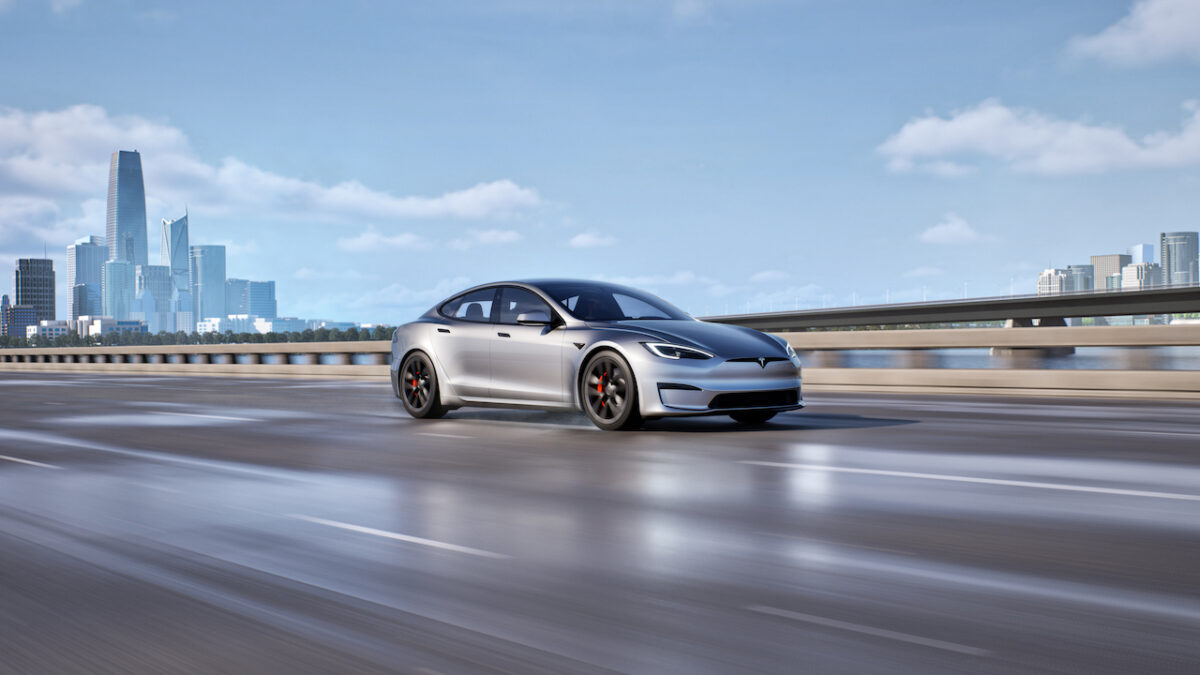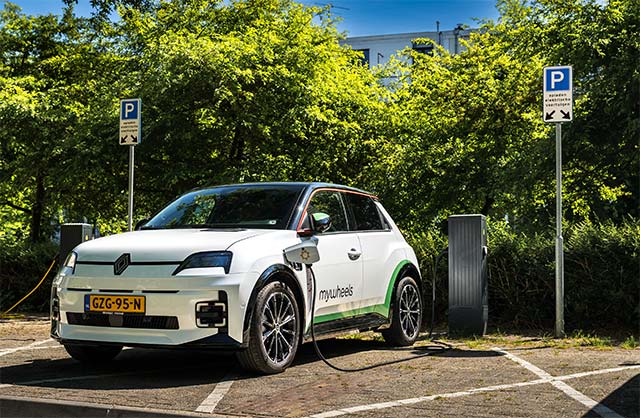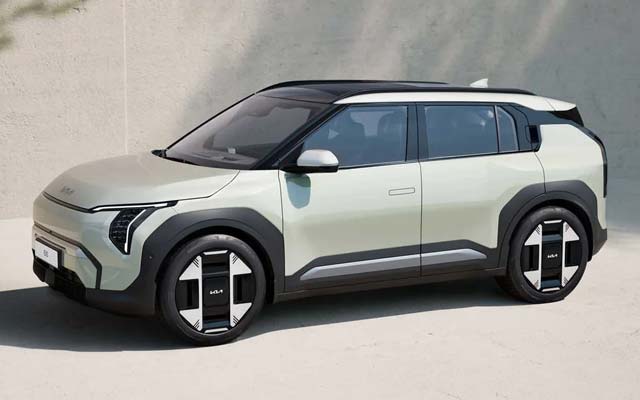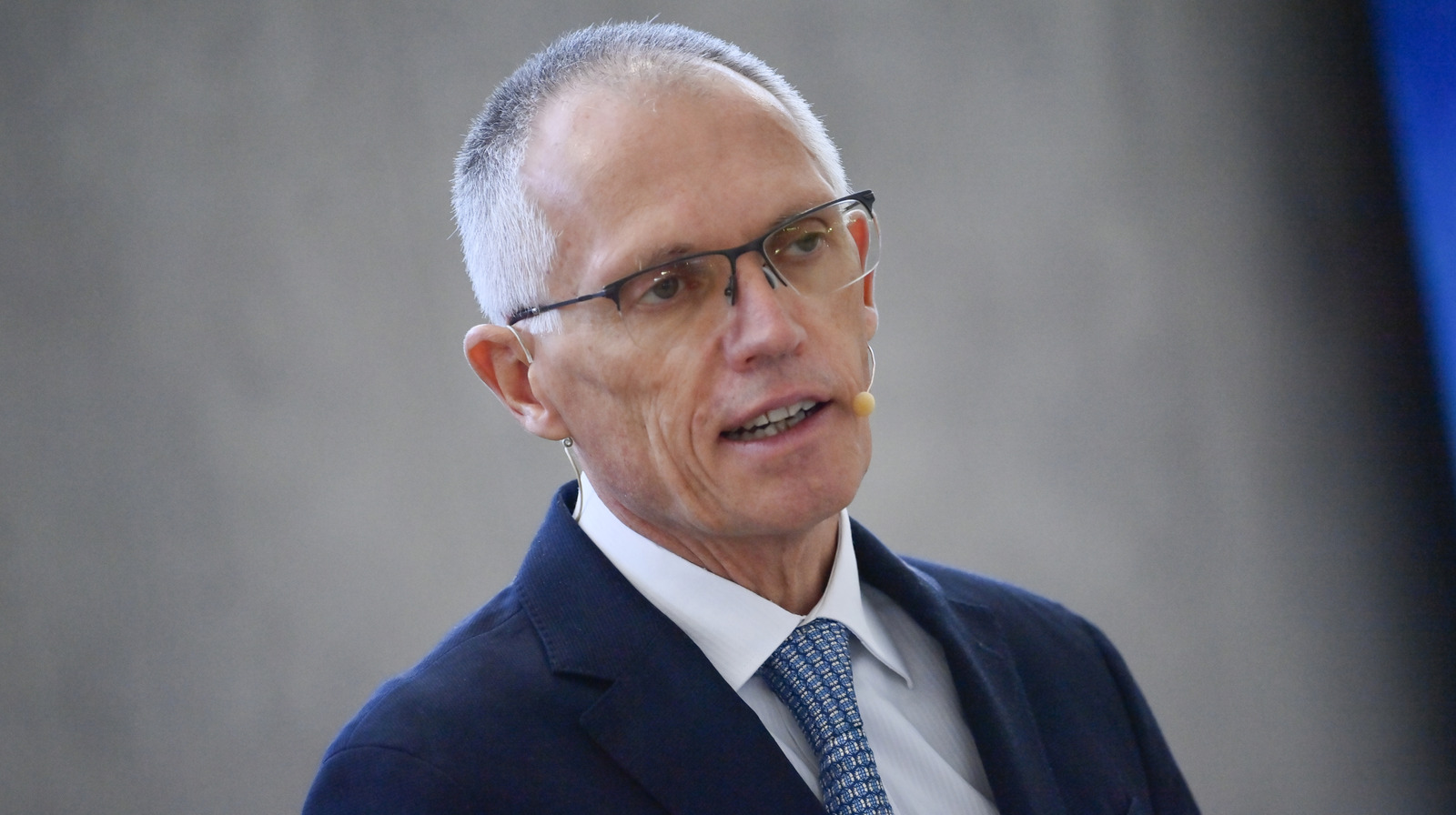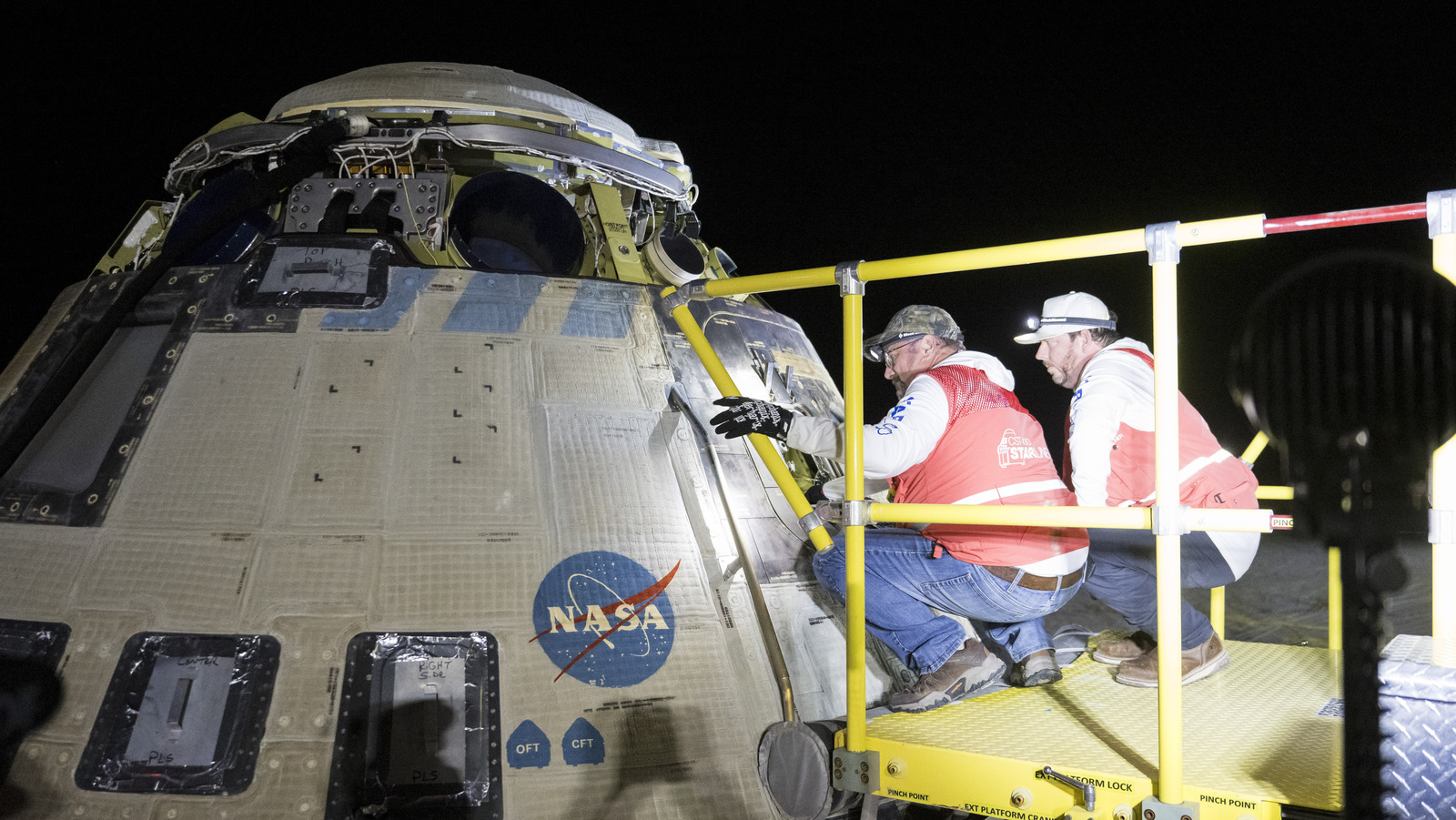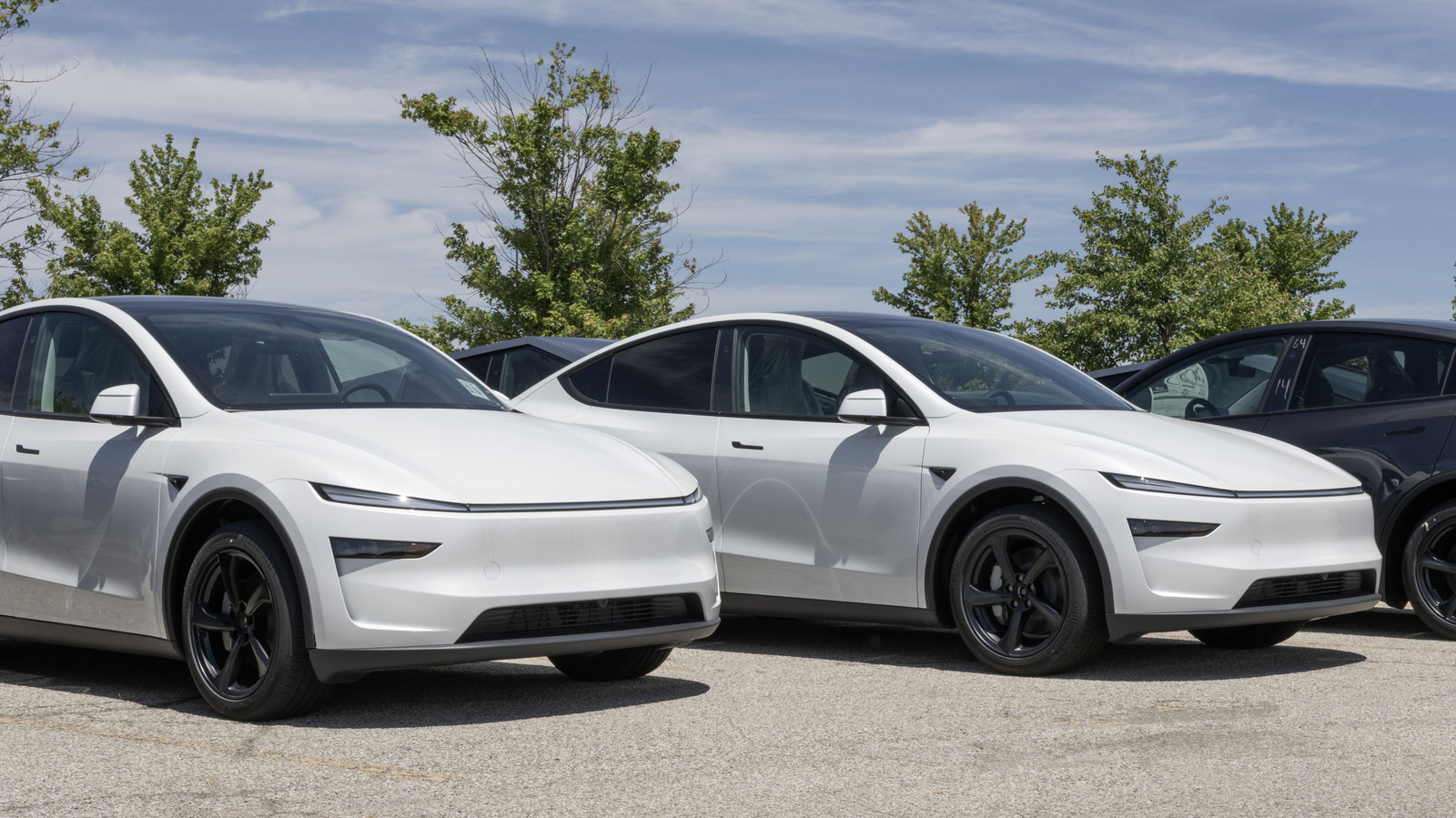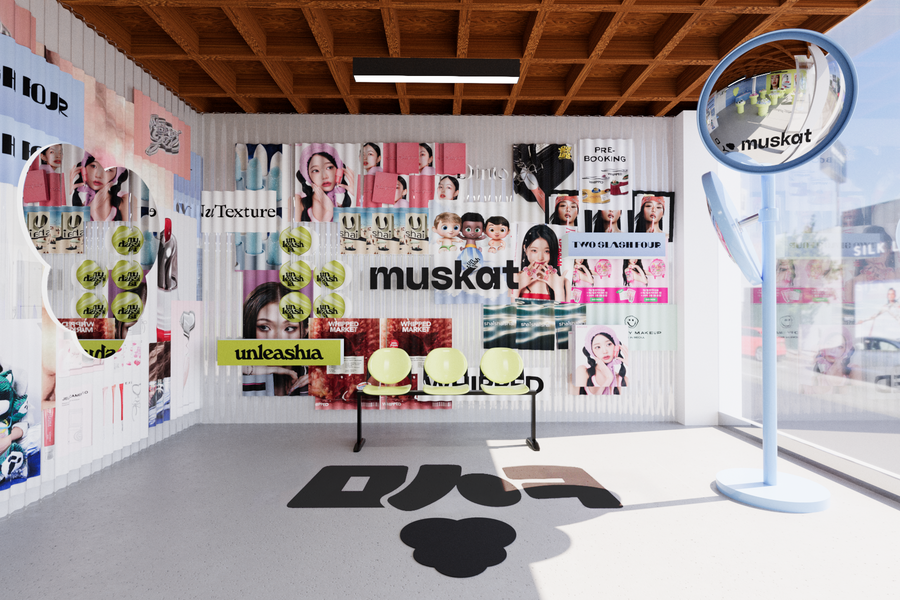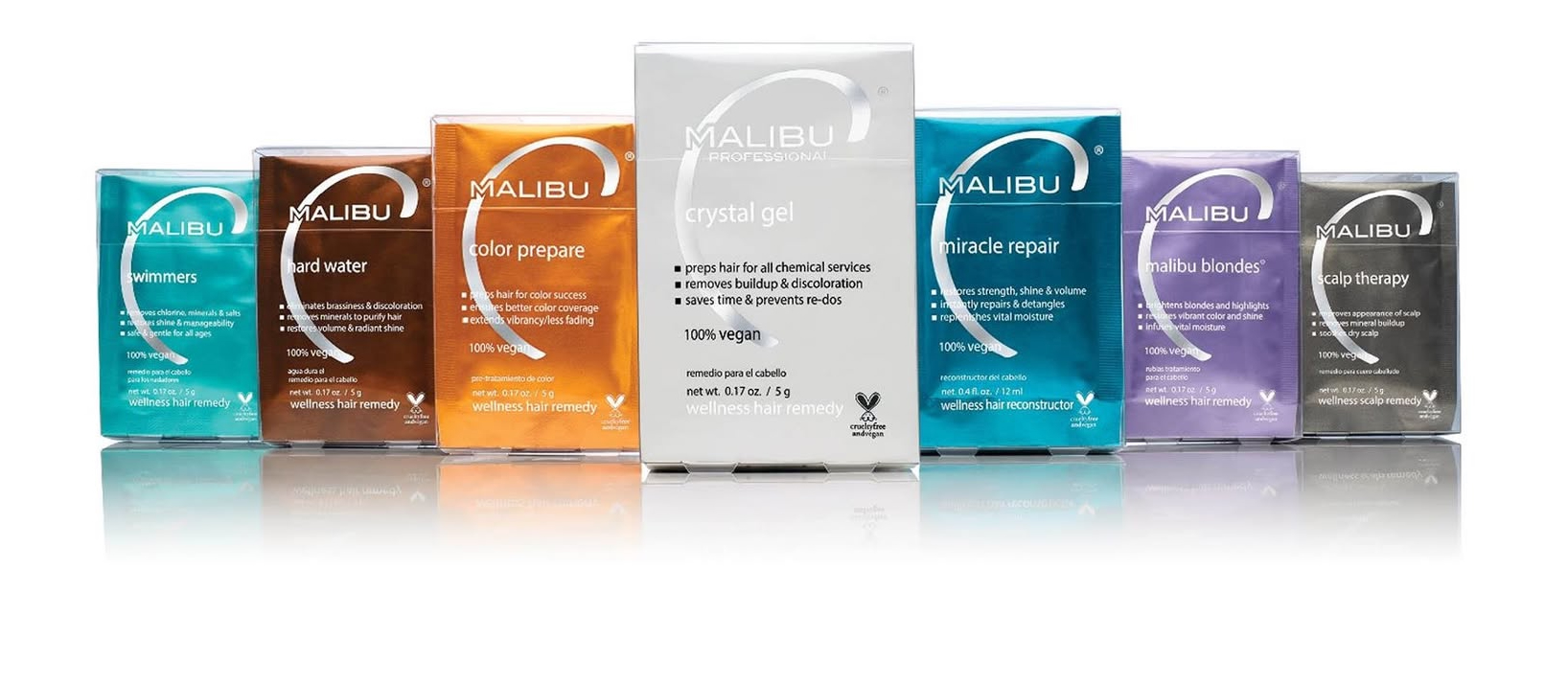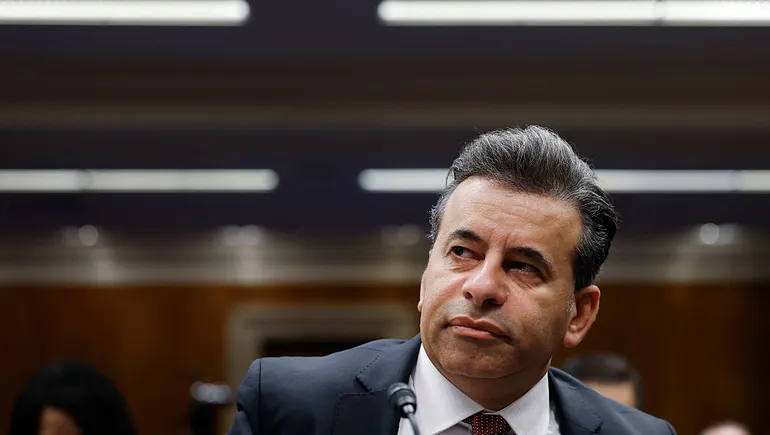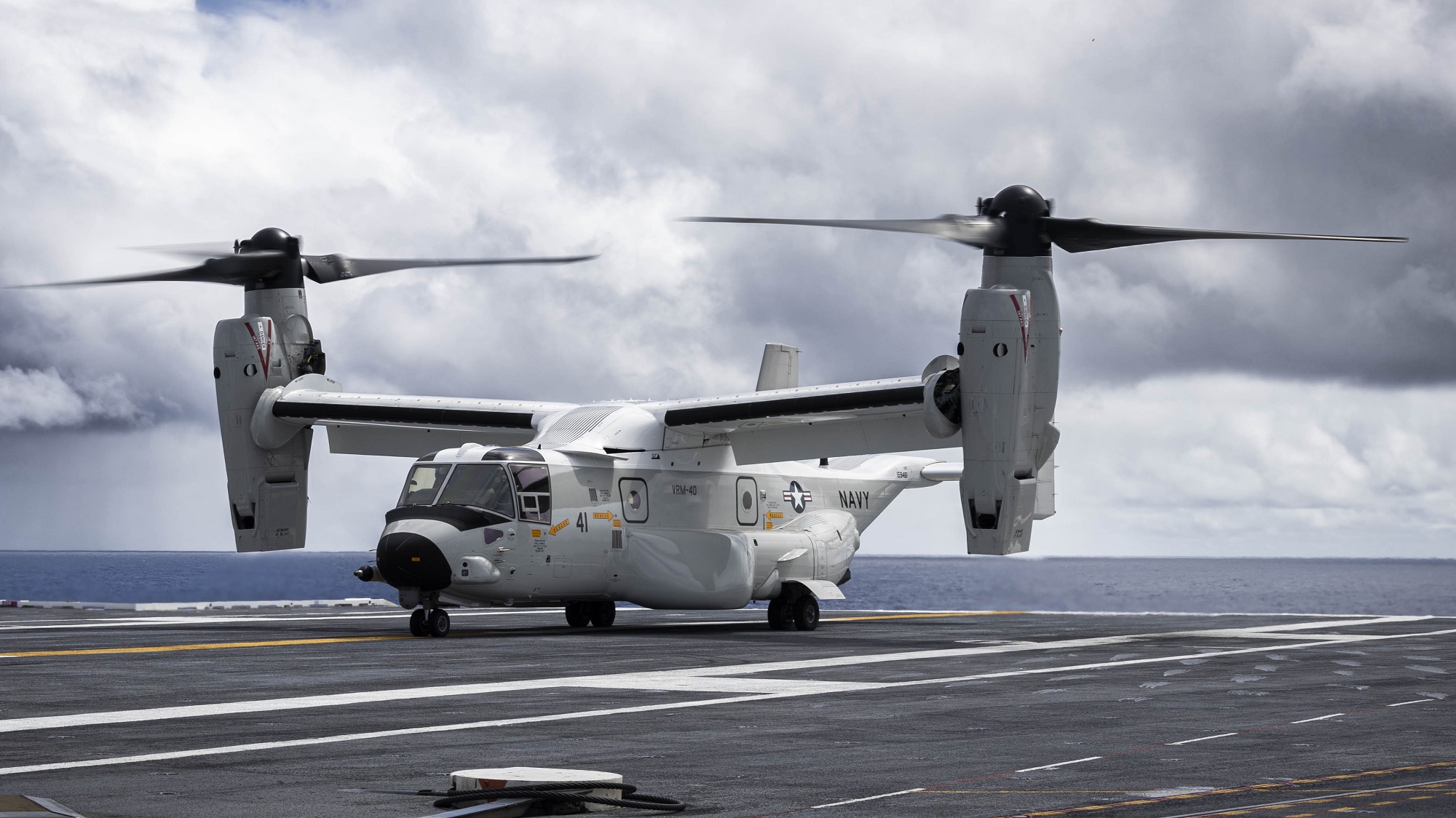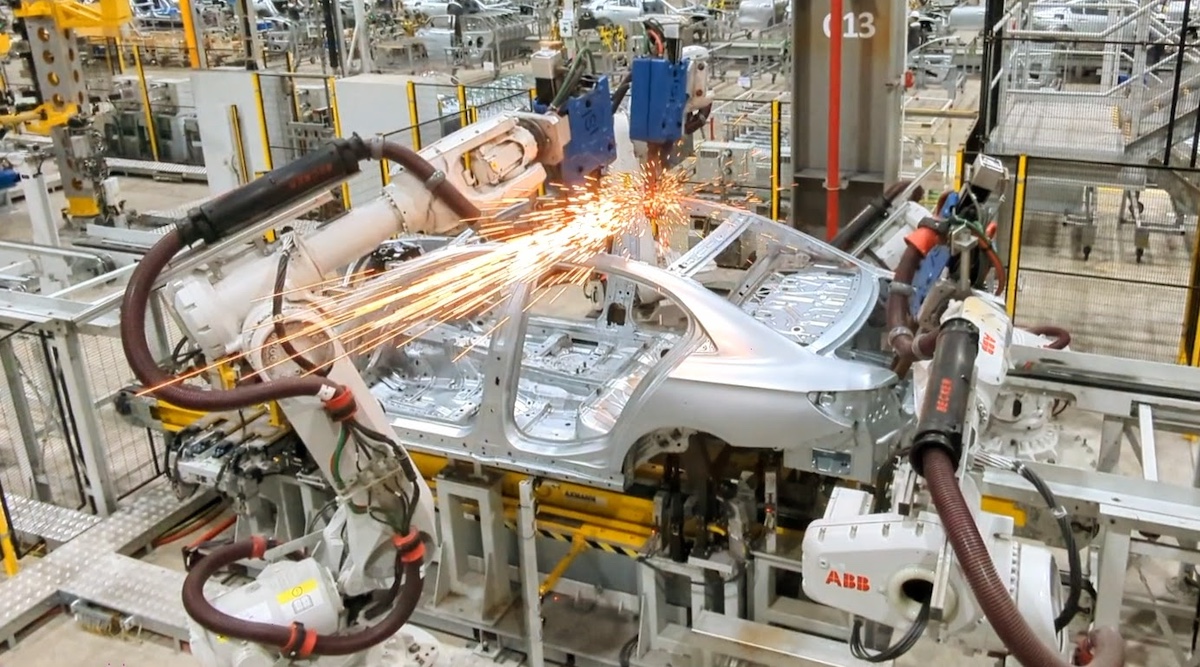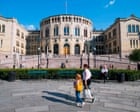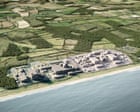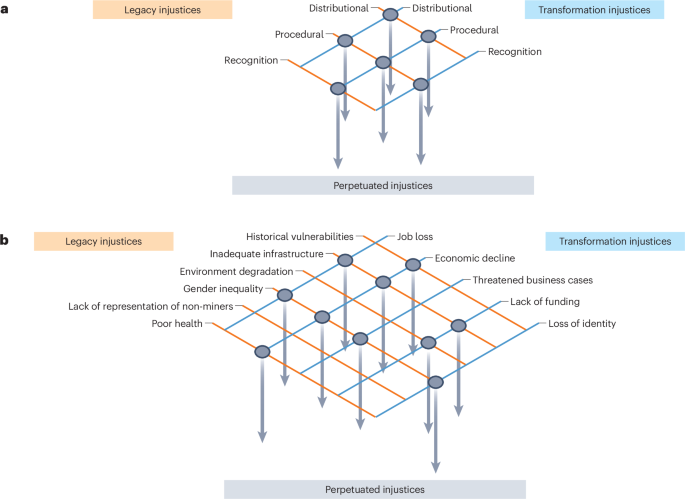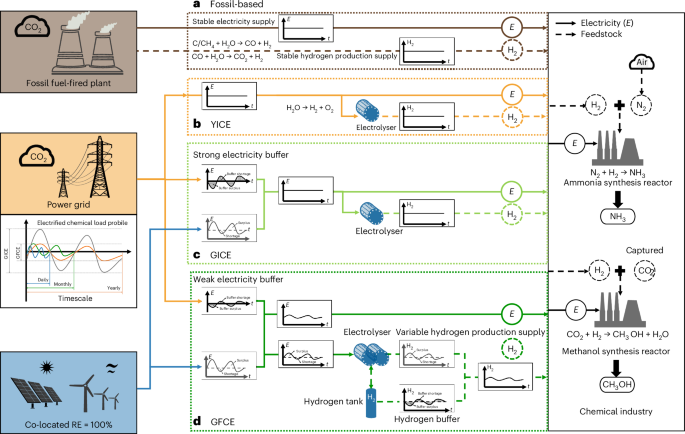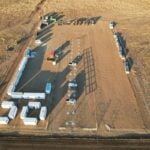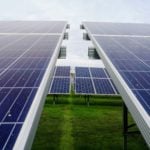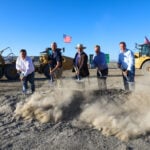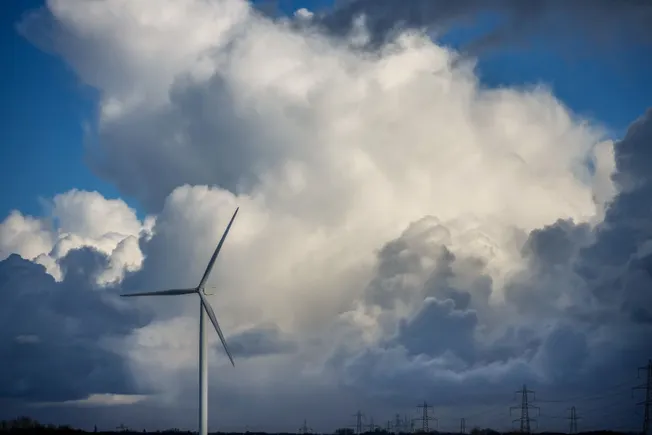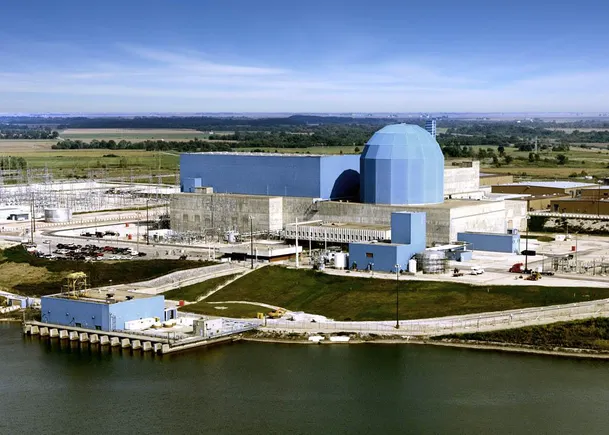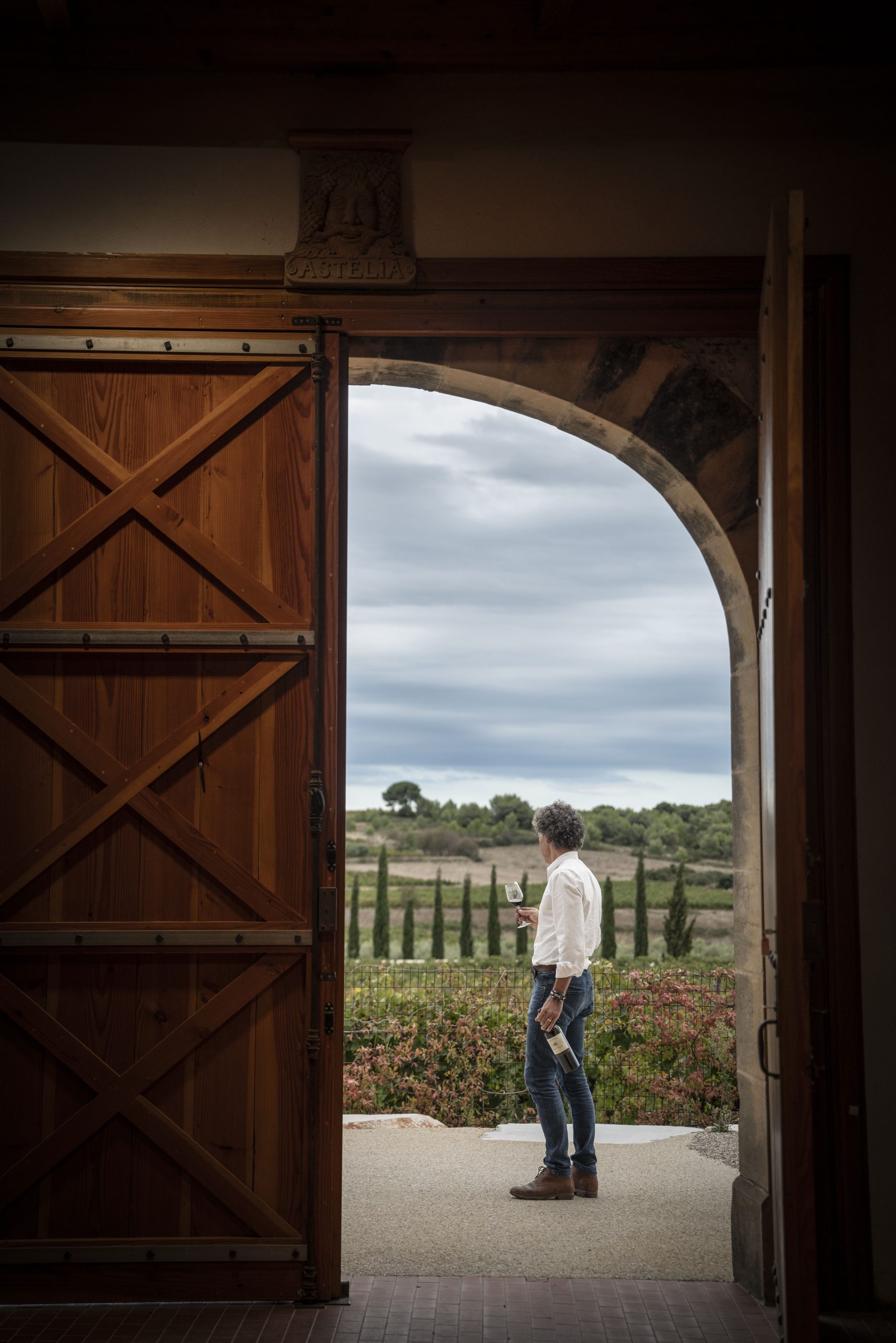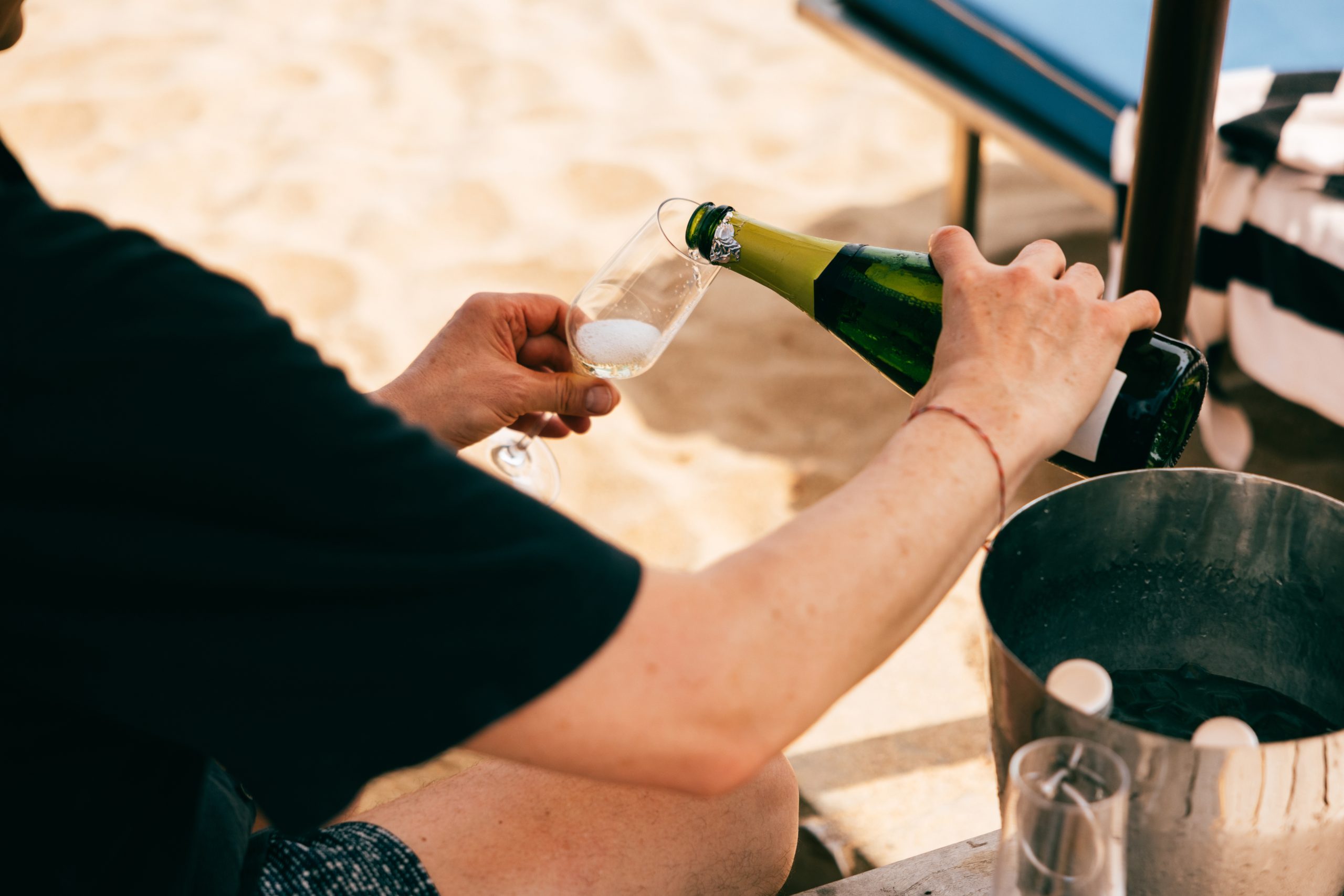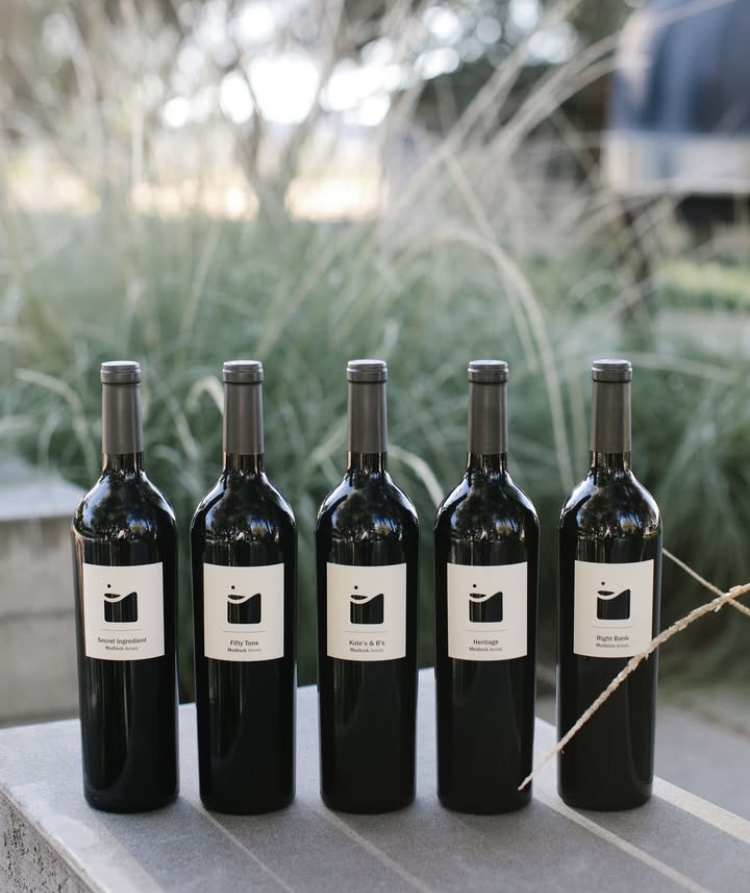Inside Familia Torres’ drive to decarbonise wine
Since 2008, Familia Torres has funnelled millions into cutting emissions. With a new milestone reached in 2024, Miguel Torres tells db how the winery is doubling down on its commitment to reach net zero by 2040. The post Inside Familia Torres’ drive to decarbonise wine appeared first on The Drinks Business.

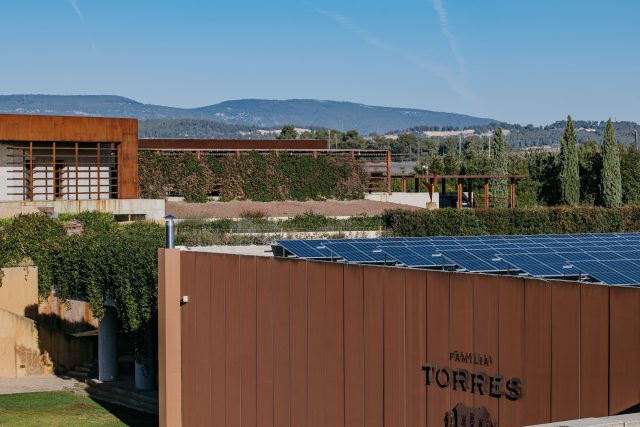
A climate wake - up call in the cinema
For Miguel A. Torres, the turning point came in 2007 - not in a vineyard, but in a cinema. “I remember it very well,” he recalls. “I went to the movies with my wife to see Al Gore’s documentary An Inconvenient Truth and I was shocked.” At the time, he had already noticed shifts in the vineyards - earlier harvests, disrupted ripening patterns - but it wasn’t until that screening that the cause snapped into focus: climate change. “I realised climate change was the reason and that we had to do something about it,” Torres says, “not just to prepare for the future but also to try and mitigate its effect by reducing our carbon footprint.”
The following year, in 2008, the family-owned winery in Penedès launched its flagship climate action programme, Torres & Earth, pledging to invest 11% of annual profits in climate-related initiatives. Since then, the winery has channelled more than €23 million into decarbonisation, water management, reforestation, and sustainable innovation.
A 40% cut in carbon, and counting
Seventeen years into that journey, the results are tangible. According to its independently audited 2024 emissions report, Familia Torres has achieved a 40% reduction in CO₂ emissions per bottle across the entire value chain - from vineyard to consumer - compared to 2008.
Even more significantly, direct emissions have dropped by nearly 60%, underscoring progress in areas under the winery’s direct control. “We can say we are on the right track,” says Torres. “Our suppliers represent almost 90% of our carbon footprint so we have to work very closely with them to find ways to reduce the CO₂ emissions they are transferring to us.”
Some of the practical measures are already in place. Ninety-nine percent of the winery’s bottles are lightweight (under 420g for a 75cl bottle), and Familia Torres is preparing to test a 300g bottle - the lightest available on the market. On the logistics front, the company has persuaded distributors in Germany and the Netherlands to shift from road to rail freight, cutting transport emissions by up to 40% depending on the route.
Fermentation gas recovery: Turning waste into resource
One of the winery’s most distinctive projects lies in a fundamental stage of winemaking: fermentation. Since 2021, Familia Torres has been using a proprietary system of balloons on fermentation tanks to capture naturally produced CO₂. This gas - previously vented - is now reused as an inert gas in winemaking operations, replacing commercially purchased alternatives. “We have installed this system in our main winery in Penedès and we cover 50% of our needs,” Torres explains.
A new trial in collaboration with Catalan startup Orchestra Scientific is exploring ways to push this even further. Using novel materials, the system can capture and purify CO₂ to 100% concentration, enabling it to be liquefied and sold for secondary uses, such as in carbonated beverages. Torres notes the technology is “easily scalable.”
Solarwine and the promise of agrivoltaics
In response to rising vineyard temperatures, Familia Torres has joined Solarwine, a research project testing the use of elevated solar panels to shade grapevines while simultaneously producing renewable energy. The winery has already seen encouraging results from a small pilot project and is now trialling the installation of panels five metres above a one-hectare vineyard near a restaurant it owns in Penedès.
The goal is dual: delay grape ripening to preserve quality and generate electricity for nearby infrastructure. “Installing photovoltaic panels on vineyards only makes sense if they are near the winery or any other infrastructures that can benefit from the energy produced,” Torres cautions.
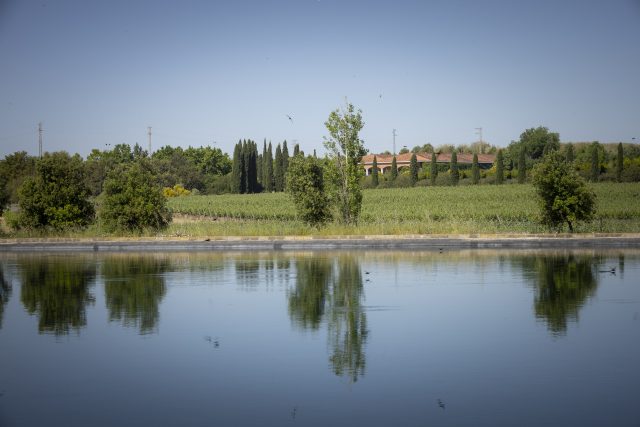
Water: A strategic priority
With droughts becoming more frequent and severe, water management has become central to the winery’s adaptation strategy. Since 2016, the main facility in Penedès has had a water regeneration plant that enables 45% of process water to be reused for irrigation, cleaning, and cooling.
The company is also expanding irrigation systems across its 900 hectares of Catalonian vineyards. A third of this area is already irrigated. Examples include Purgatori estate in Les Garrigues - where water is drawn from a canal - and Milmanda in Conca de Barberà, where a spring-fed pond has been constructed. In Mas La Plana, regenerated winery water is used through an underground irrigation network.
Avoiding greenwashing and encouraging accountability
Torres is acutely aware of the fine line between genuine progress and hollow environmental claims. "I think many wineries are making efforts to adapt to the new situation and reduce their carbon footprint," he says. “But Surely there might be some that are pretending to do more than what they really do”. While acknowledging that progress has been made sector-wide since 2008, he stresses the need for verification. “Wineries must invest to cut down their emissions and audit their carbon footprint to show progress.”
One way Torres sees this being tackled is through participation in International Wineries for Climate Action (IWCA), which he co-founded with Jackson Family Wines in 2019. Today, the group includes 170 wineries representing 3.5% of global wine production and requires annual emissions audits.
Commercial growth without environmental compromise
Despite a growing brand portfolio and expansion in markets such as the US and China, Torres insists there is no trade-off between growth and emissions. “Every year our carbon footprint is going down, and this covers all aspects from production to distribution,” he says. One practical solution is bottling wine at the point of sale: Familia Torres’s winery in Chile now bottles the Green Road wine in the UK to reduce shipping weight. Lightweight bottles and intermodal logistics (including trains) are also integral to this low-emission growth strategy.Regenerative viticulture: A paradigm shift
In recent years, the focus has moved from winery to vineyard. At the urging of his children, Miguel and Mireia, Torres embraced regenerative viticulture - an approach that extends beyond organics by restoring soil vitality, enhancing biodiversity, and sequestering atmospheric carbon through cover crops.
“This was a paradigm shift in the way we had been managing our vineyards,” Torres admits. Today, more than 600 hectares are farmed under regenerative principles, with plans for expansion. The system sequesters approximately one tonne of CO₂ per hectare per year, adds Torres.
What comes next?
Familia Torres is not pausing. In 2025, the winery will install lithium batteries at its visitor centre in Pacs del Penedès to store solar-generated electricity, which should cover 75% of energy needs on-site. Meanwhile, reforestation efforts continue - with 1.5 million trees already planted in Chile to offset emissions. The winery is also participating in research projects like the VITIBOSC agroforestry initiative and further refining the science of climate resilience in both vineyard and cellar.
Torres concludes: “The pressing need to act in the face of the climate crisis demands responsibility, commitment, and collaborative effort. I am convinced that wine can become a symbol of resilience in the fight against climate change”.


















